Given the fact that most kids have a bit of a sweet tooth, you probably won’t be surprised to learn that over 40% of children from 2 to 11 have had a cavity. Tooth decay is one of the most common issues we see in our offices, and plenty of parents who learn their child has a cavity come to us with one question: “Do you need to fill a cavity in a baby tooth?”
Because baby teeth are designed to fall out, you can be forgiven for wondering why we put our time and effort into fixing cavities in them! Let’s take a quick look at why we often recommend filling these cavities, when we don’t, and what symptoms to watch out for.
Should You Fill a Cavity in a Baby Tooth?
The simple answer to this is yes, you should always fill cavities in baby teeth! It’s true that baby teeth will fall out over time, but there are a few reasons you’ll want to consider getting cavities filled:
Preventing Painful Tooth Issues
It’s important to remember that tooth decay doesn’t often stay in one place. If left unchecked, it can spread to adjoining teeth. It can even spread to the pulp, leading to an abscess that causes bleeding gums and swelling in the jaw.
In other words, treating tooth decay early can save your child from a lot of pain and stress!
Ensuring Proper Nutrition
Children can be picky eaters at the best of times, but this issue can get far worse if they’re struggling with tooth pain. Many healthy foods, including essential fruits and vegetables like apples and carrots, are naturally hard. If it’s painful for your child to chew them, it can make it more difficult for them to get the nutrients they need.
Ensure Proper Speech and Self-Confidence
If untreated cavities grow worse, they can lead baby teeth to fall out before their time. When this happens, it can affect a child’s ability to speak properly.
As you might expect, missing teeth and difficulty communicating can also affect a child’s self-esteem! Children who struggle to speak or who feel ashamed of their smile may begin suffering from a lack of confidence, which can have a lasting effect on their mental health.
Help Adult Teeth Grow In Correctly
Baby teeth help preserve a space for the adult teeth to grow in beneath them. If an untreated cavity causes a baby tooth to fall out before the right time, it may cause their adult teeth to grow in the wrong place. This can lead to overcrowding and bite issues later in life.
When Can You Avoid Filling a Cavity in a Baby Tooth?
In a few rare cases, your Lexington children’s dentist may tell you there’s no need to fill a cavity in a baby tooth.
First, if the baby tooth is already on the verge of falling out, you may not need to fill the cavity. Your child’s dentist can perform a visual inspection or use X-ray imaging to see whether or not an adult tooth is poised to take the decaying baby tooth’s place soon.
Next, your child’s cavity might repair itself in a process called “remineralization.” This is a natural tooth repair process in which the minerals in saliva bond with a tooth, and you can sometimes help it along at home. Remineralization can help protect weakened parts of your child’s tooth enamel.
This is only likely to happen if your dentist has a chance to catch the cavity before it grows too large. Again, this is a reason to bring your child to the dentist as often as recommended!
What Causes Cavities in Baby Teeth?
Some parents don’t realize that children can start to develop cavities as soon as their baby teeth first come in. No matter how young your child is, proper oral care is a must once these teeth start to appear. In fact, the enamel of your child’s baby teeth is thinner than the enamel of their adult teeth will be, so dental care is a much-needed layer of protection!
Just like with adult teeth, baby tooth cavities happen as when bacteria from certain foods and drinks, including breast milk, creates acid in the mouth. Sugary foods and drinks are the worst culprits, which is why we recommend using a fluoride-rich toothpaste at least twice a day.
What Are the Symptoms of Baby Teeth With Cavities?
Most of the time, you won’t be able to spot cavities in baby teeth on your own. Early caries may present few symptoms or no symptoms at all. This is why it’s so important to bring your child to a Lexington pediatric dentist for regular check-ups and more.
However, in some cases, especially when a small cavity begins to grow in size, you may notice a few key symptoms:
- Tooth pain when brushing, flossing, or chewing
- Increased sensitivity to hot or cold foods or drinks
- Pain below the gum line around a specific area of the mouth
- Visible dark spots or discolorations
- Bad breath that doesn’t go away with regular brushing
If your child is experiencing any of these signs, make an appointment with a dentist for cavity treatment as soon as possible.
Ask a Children’s Dentist About Potential Cavities
At the end of the day, it’s often a good idea to have a dentist fill your child’s cavities. This is true if you’ve noticed any of the mild symptoms above, but it’s of even greater importance if your child is experiencing any oral pain.
If you’re worried about your child’s dental health, our Lexington, Richmond, and Georgetown pediatric dentistry teams are here to help. Call us with questions or schedule an appointment today.

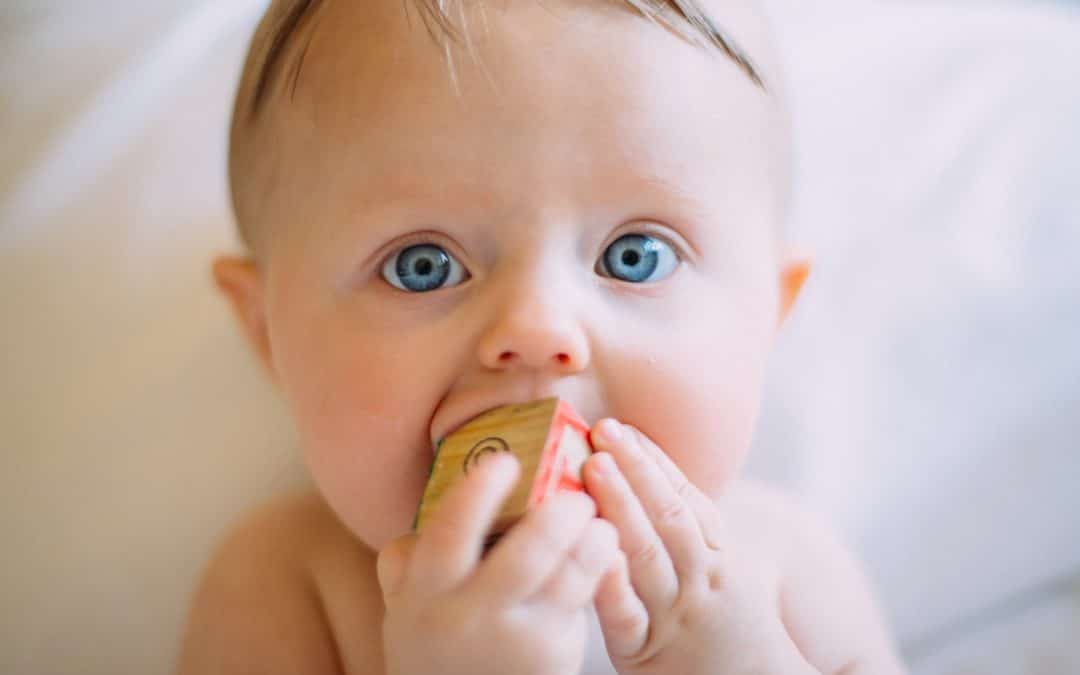
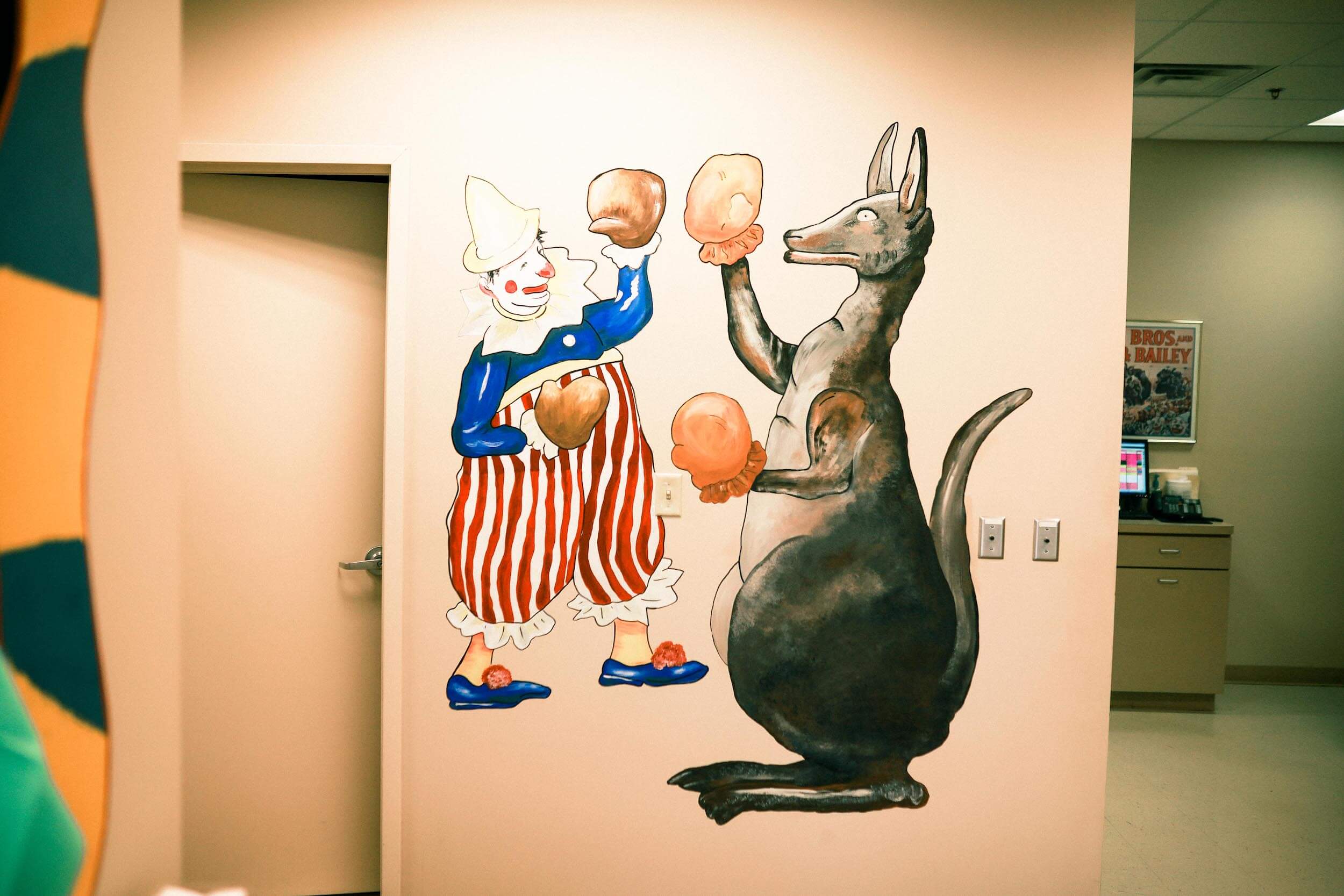

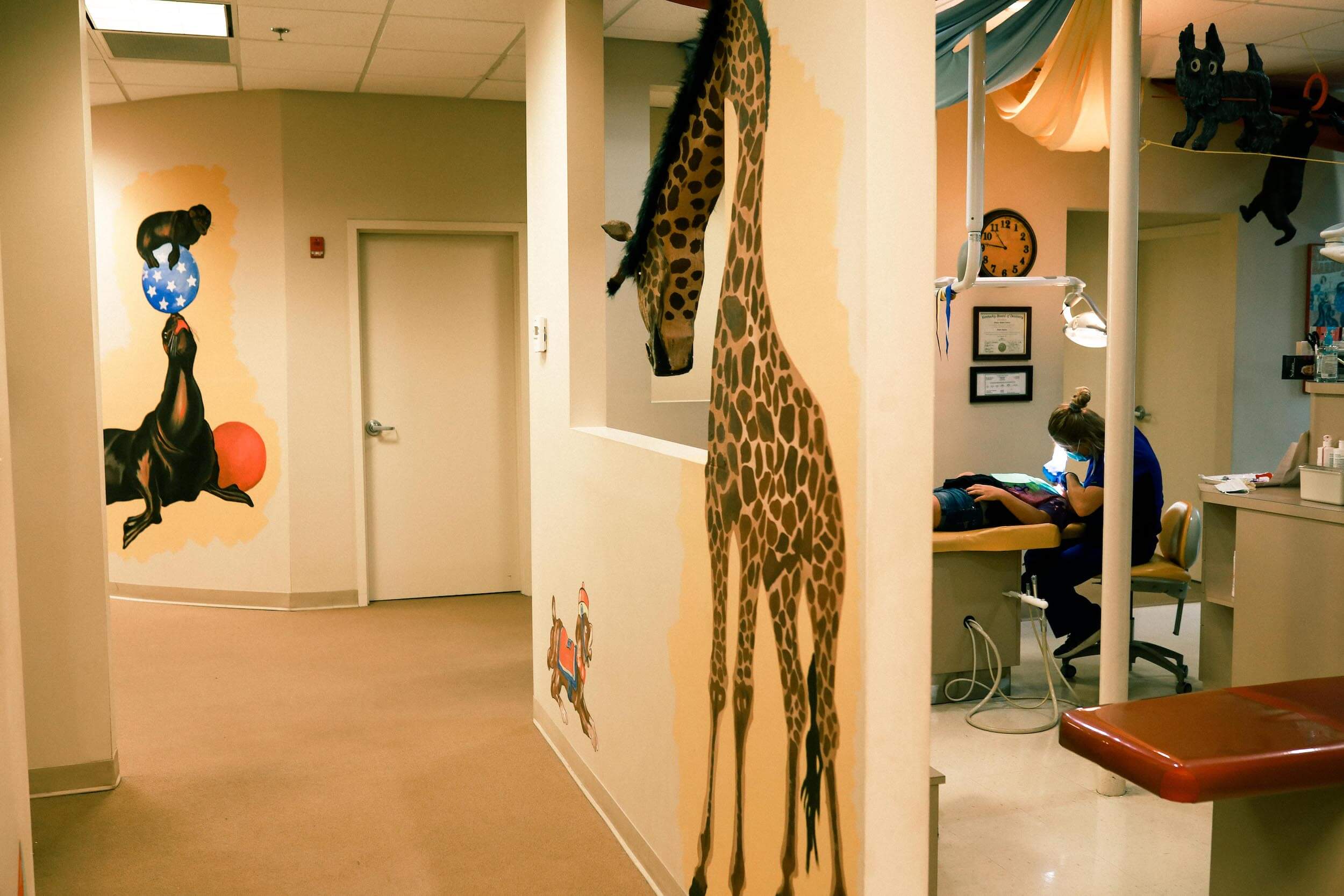

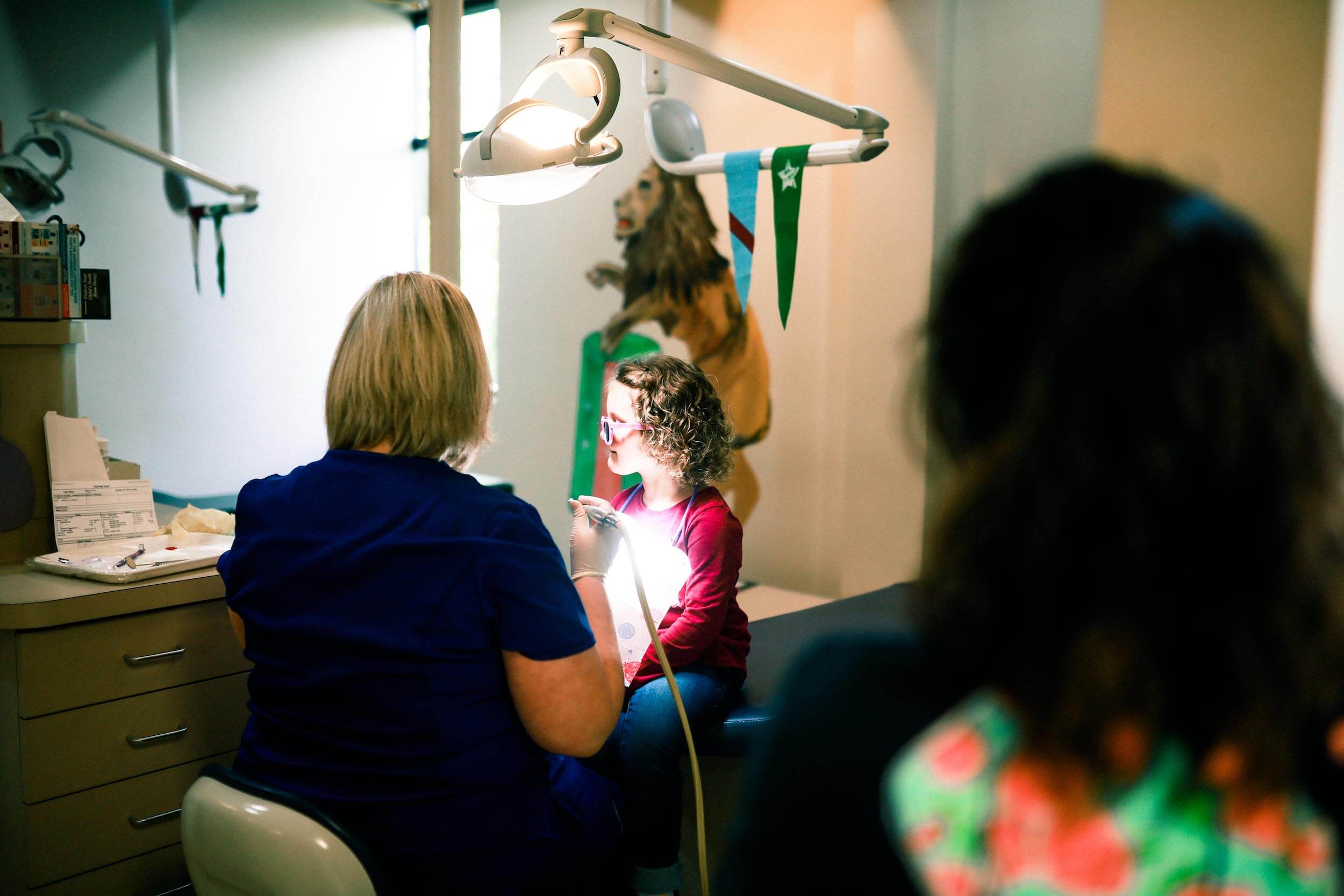
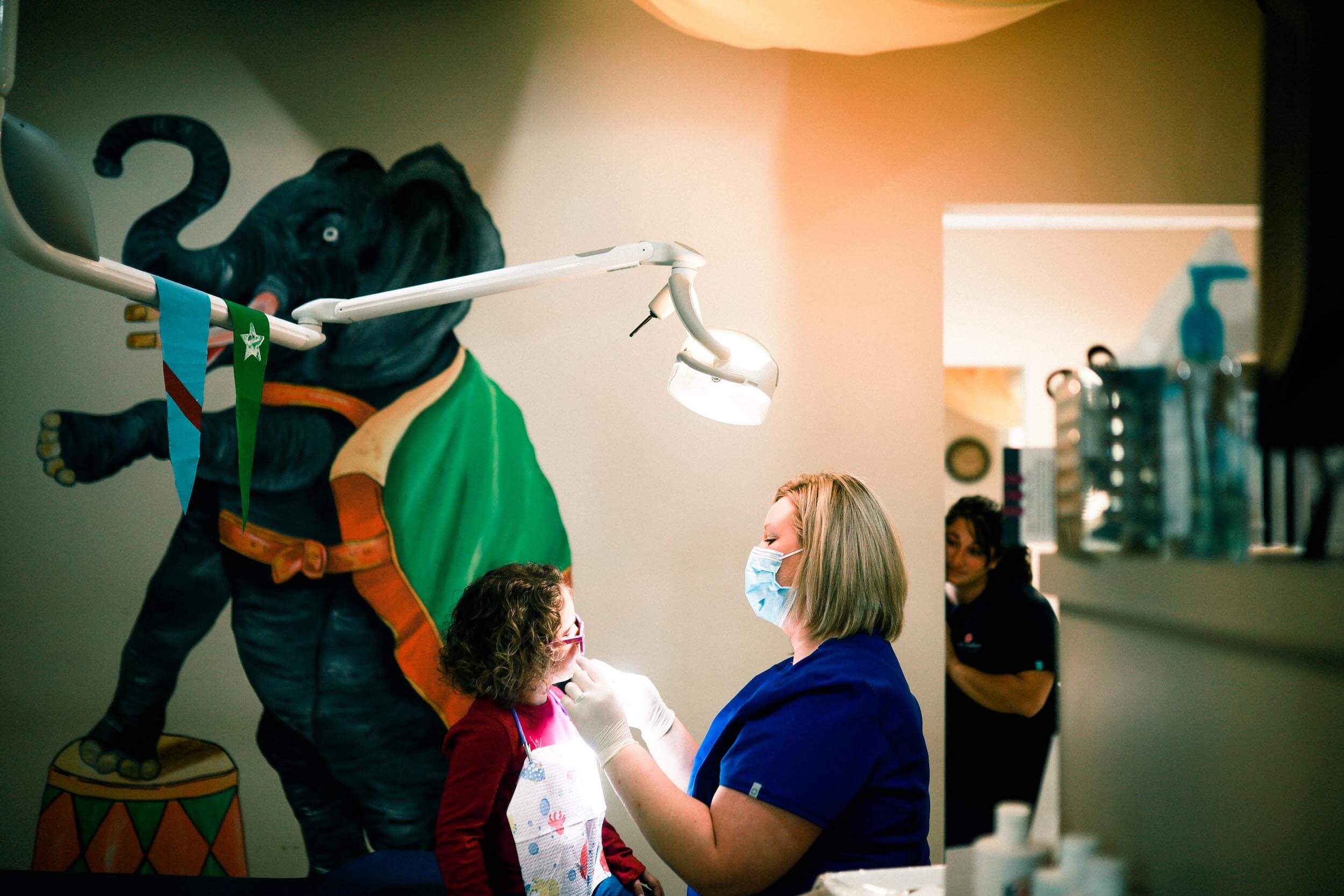

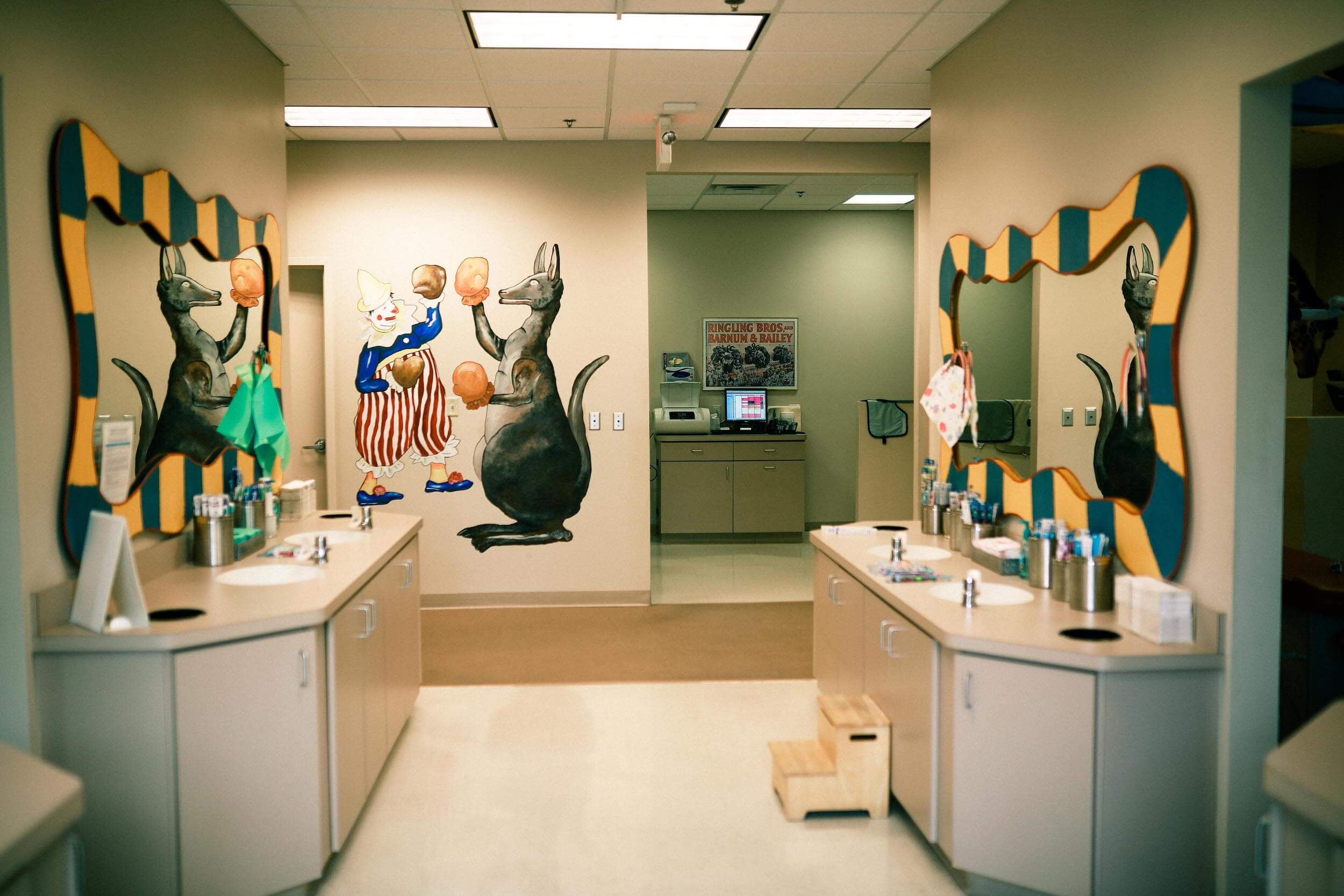
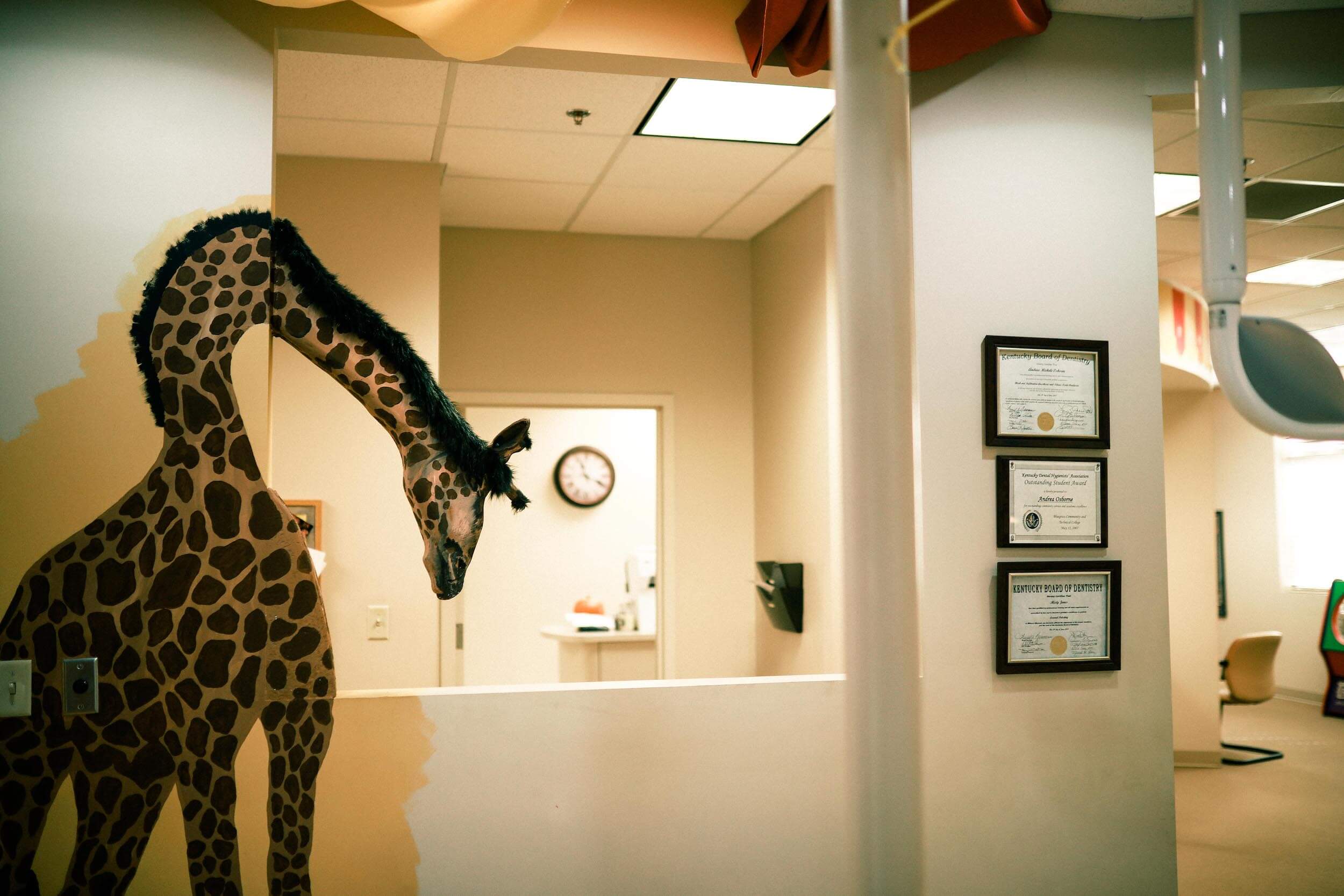
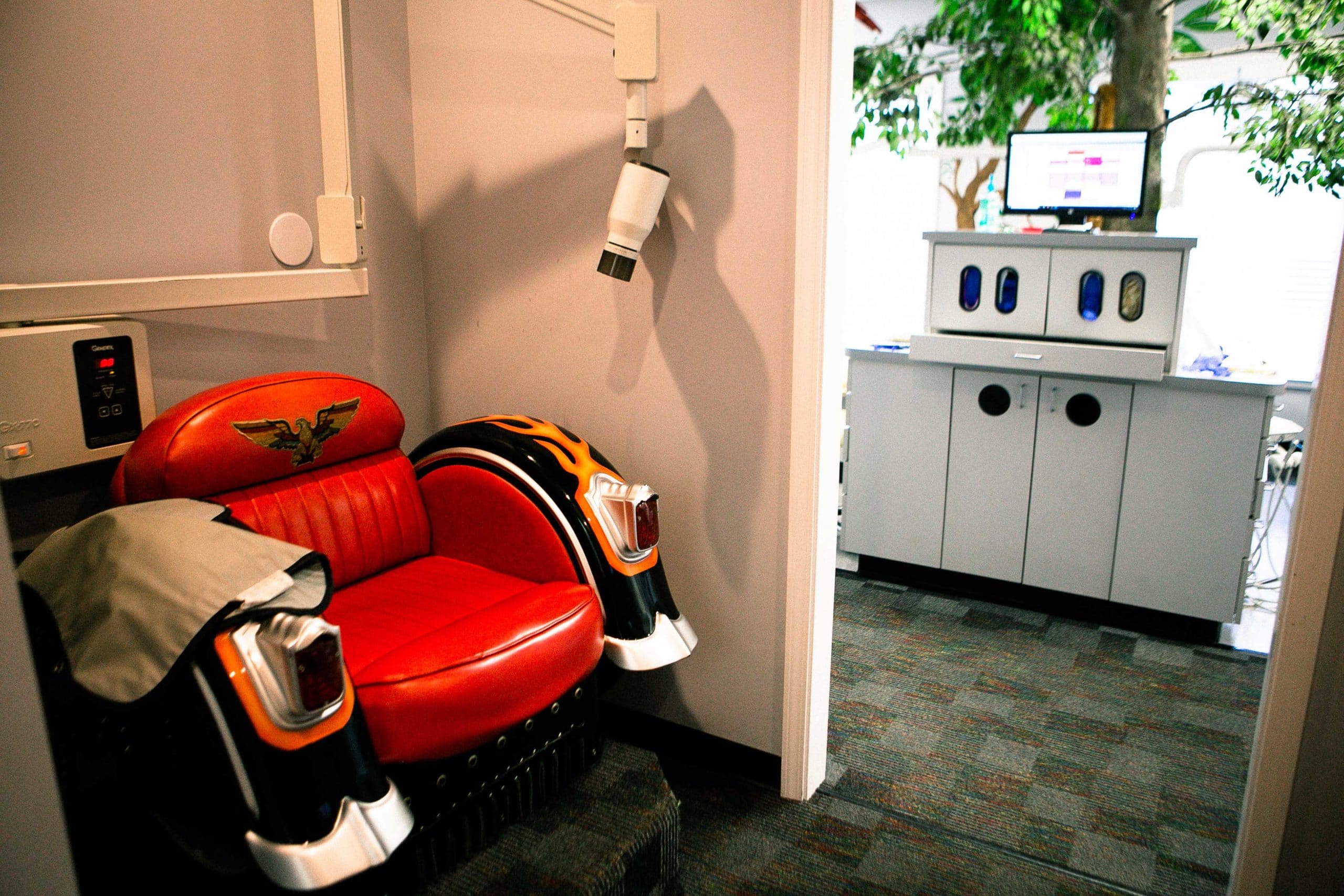



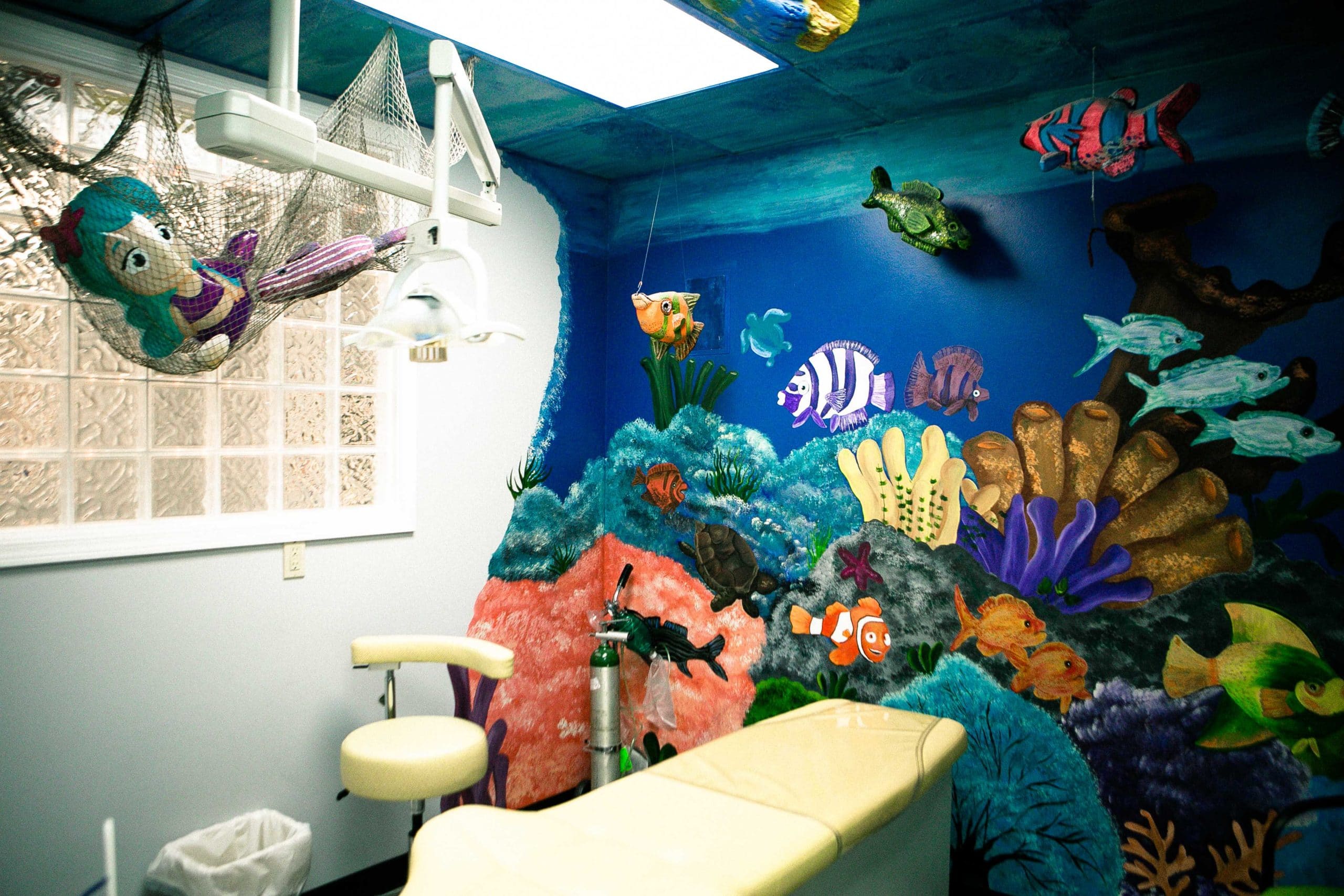
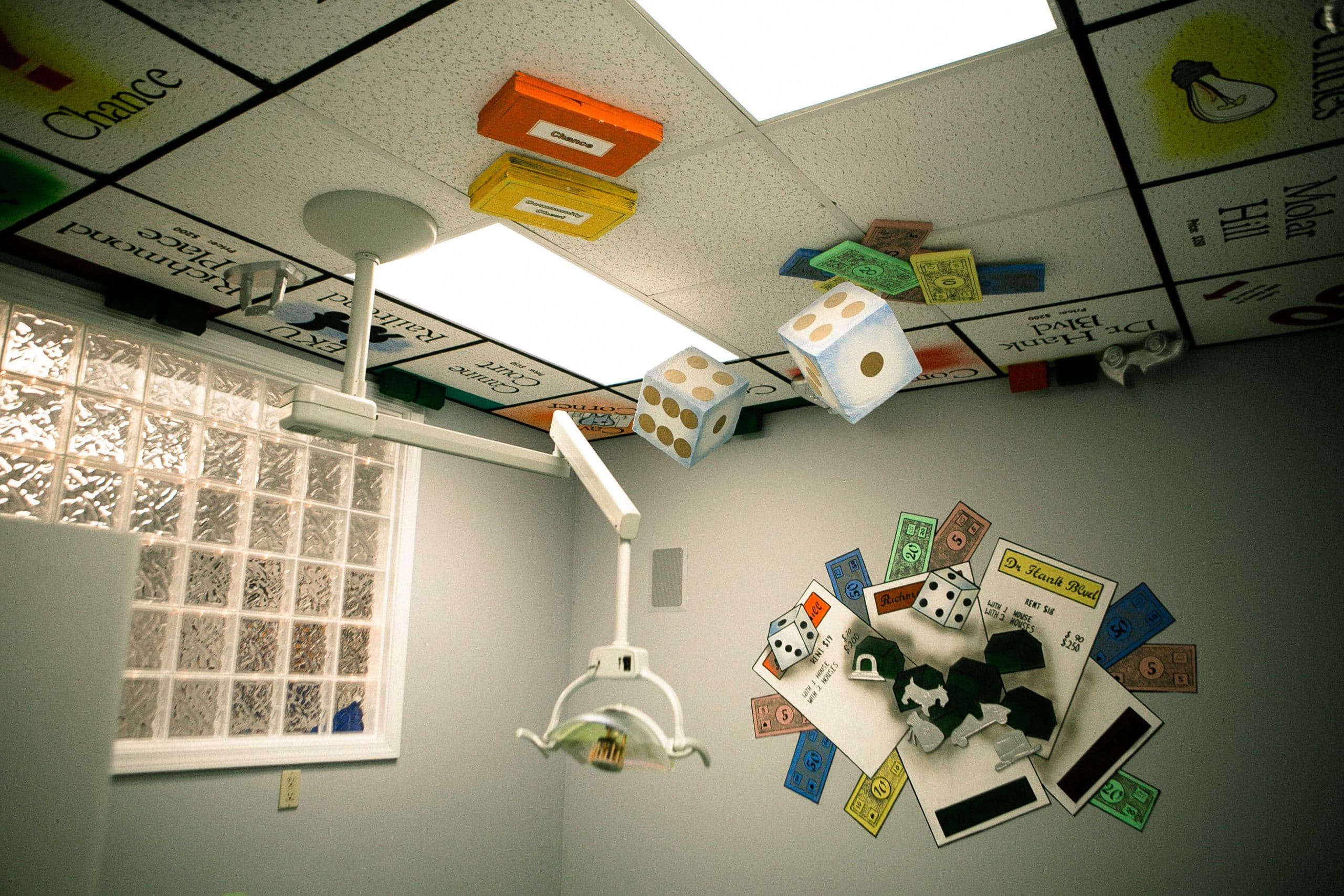

Recent Comments